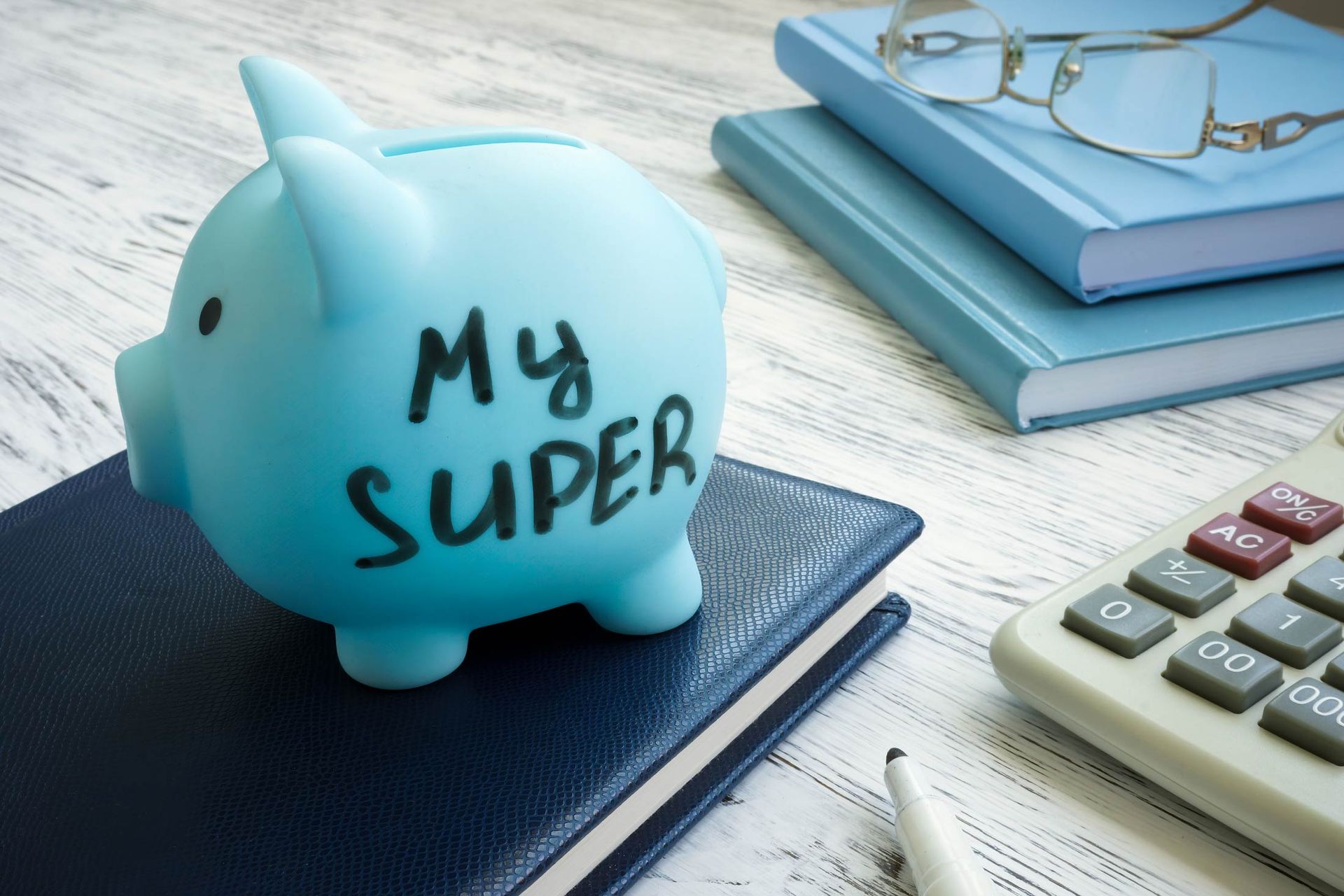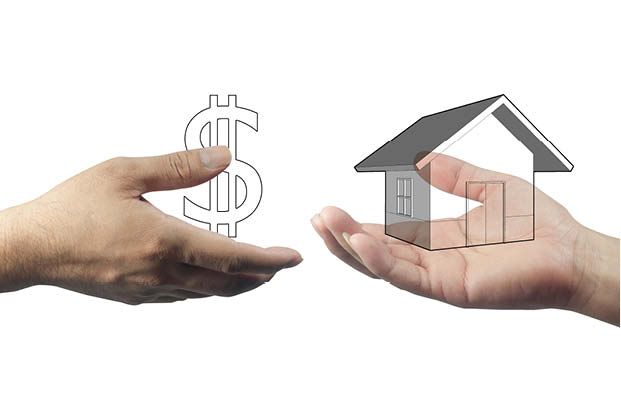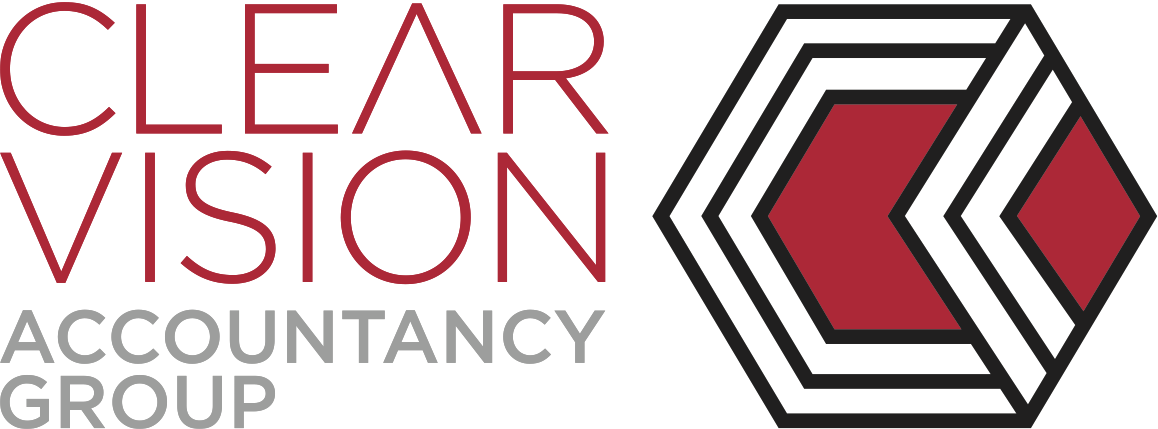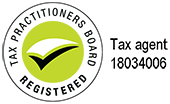Starting a new business: But what structure should I have?
When starting a business it’s very important to choose the business structure that best suits your needs.
The four business structures commonly used by small businesses in Australia are: sole trader, partnership, trust and company.
The structure you choose may affect things like the tax you are liable to pay, asset protection, ongoing business costs, and dealing with your clients.
Typically, costs and complexity increase as you move from a sole trader to a partnership to a company or a trust. On the other hand the flexibility achieved from a trust and company structure when it comes to tax time might outweigh the cost and complexity concerns.
If you’re not sure which structure to choose, you should talk to an expert, such as an accountant or a solicitor. You may even ask these two advisors to discuss the issue together to arrive at the ideal recommendation for your situation.
This is one time when you shouldn’t put off seeking advice. Starting out with the wrong structure can greatly hinder the future growth and operation of your business and prove costly to change if you’ve been operating for some time.
Call Clear Vision for a preliminary meeting to discuss how you might structure your new business.
The post Starting a new business: But what structure should I have? appeared first on Clear Vision Accountancy Group.





